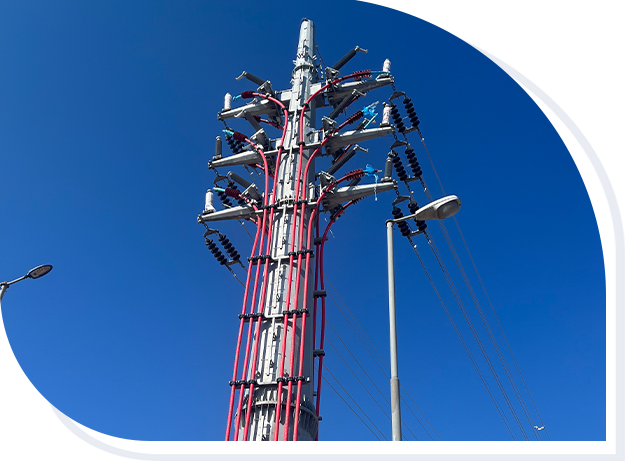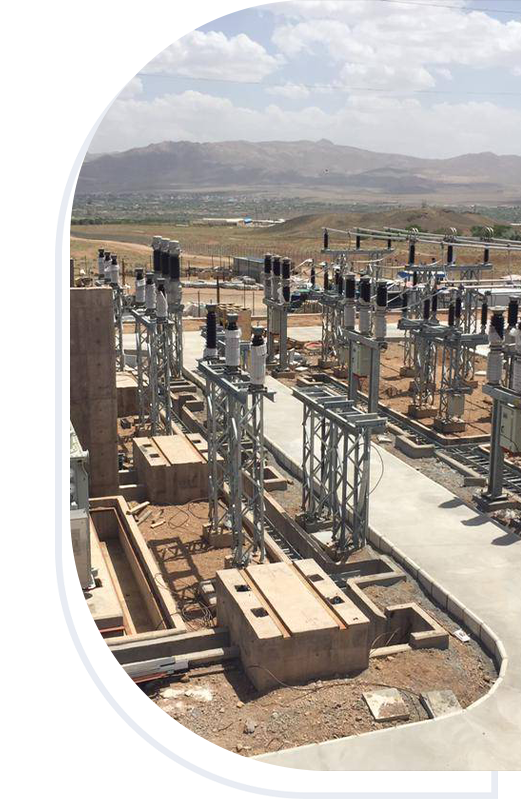Product Yasan

Electrical substations
With a view to the targeted development and consideration of the country’s energy infrastructure needs, the EPC contracting department of Yasan Company’s power transmission and super-distribution substations, with a ten-year executive experience in this field, was officially added to the company’s activities in 2019. It is a reliable, expert, pragmatic and innovative group in engineering design, equipment supply and implementation of a wide range of high-voltage substation projects.


EPC contracting services for electricity transmission and distribution substations
Complete design of substation construction projects up to 400 kV voltage level including LV, HV, CIVIL design
Supply of project items and equipment from inside and outside the country
Performance of electrical operations, installation and commissioning
Performance of civil and construction operations and facilities
Support of the services provided
Operation of substations and transmission and super-distribution lines
E (Engineering) Design: This unit, utilizing expert experts with up-to-date technical knowledge and relevant experiences, in addition to providing technical consulting services using the latest software, designs and presents all basic and detailed engineering documents in accordance with the latest standards.
P (Procurement) Equipment Supply: One of the most important parts of EPC projects for power substations is the supply of equipment, and any disruption in the implementation of this process will cause problems in the implementation of the project and delay its delivery. The purchasing and procurement process includes: planning, purchasing engineering, identifying resources and selecting the best domestic and foreign suppliers, product control and monitoring, testing and final delivery. It should be noted that some of the substation equipment is supplied at Yasan Company’s factory.
Implementation Management and Quality Control C (Construction): In addition to the usual time and financial constraints, installation and implementation in construction projects involve many technical and contractual complexities, and these factors create limitations in the ability to present and implement creative and innovative decision-making methods. Therefore, the implementation process requires high-level management and engineering capabilities due to the complexity and large volume of activities.
